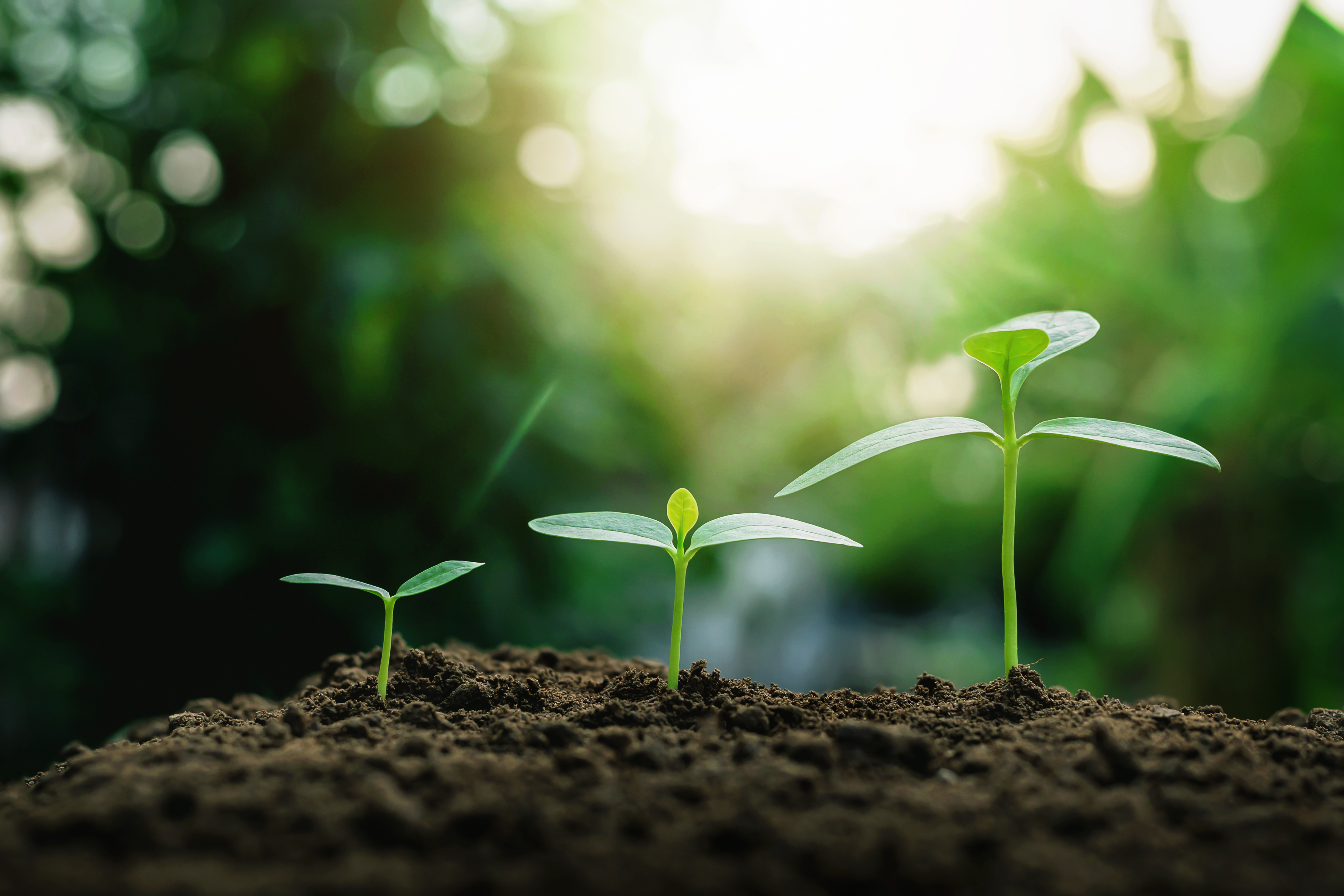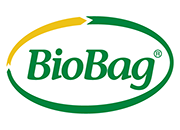Life depends on healthy soil
Posted on January 12, 2022 at 10:37 am

Experts come with an interesting message about certified compostable waste bags that contradicts previous information!
Over the years there has been written much about compostable biobags and doubts were raised about the legitimacy of using biobags for organic waste sorting. Research by the Verbund Kompostierbare Produkte e.V. (The Association for Compostable Products) state that “certified industrial compostable waste bags do not bear harm for soil or human health, nor do they contribute to the microplastic problem”, as experts point out. On the contrary, they convey opportunities for a higher quality and quantity of organic waste collected. “Certified compostable organic waste bags improve the quality of organic waste”, experts confirm. This contradicts previous misleading media reports on organic waste collection. A clear advantage is the significant increase in the quality and quantity of separately collected organic waste and a corresponding increase in the amount of compost produced. Due to misunderstandings, there are different opinions and misconceptions are unfortunately quite common – both within municipalities as well as among consumers.
The study highlights some of the many scientifically proven benefits that certified industrial compostable organic waste bags offer to municipalities, citizens and to the environment.
– They significantly reduce the amount of conventional plastic in compost, as shown by a study1 published by the Wizenhausen Institute and University of Bayreyth
– Large scale experiments in Berlin, Milan, Munich and other cities showed that the amount of separately collected organix waste increased significantly by using the industrial compostable organic waste bags. Ventilated food waste containers remove odours and mold and minimize condensation, while reducing the weight of food waste, which reduces costs for municipalities.
Read more on European Bioplastic’s page here2.
LIFE DEPENDS ON HEALTHY SOIL
Composting organic waste is important because it improves and strengthens the soil’s resilience to environmental changes and shocks. It takes 1000 years to create a 2–3-centimetre layer of soil, and if the current rate of degradation continues, the entire top layer of soil could be gone in 60 years, according to the United Nations Food and Agriculture Organization (FAO)3,4. About a third of the world’s soil has already been degraded due to erosion, compaction, acidification and chemical pollution. The food scraps that we throw away are valuable organic resources that can provide important nutrients back to our soil so that we can produce more healthy food.
THE IMPORTANCE OF MICROBES IN THE SOIL
Loss of soil biodiversity is seen in many agricultural areas, where there is an increasing consumption of agrochemicals, low plant biodiversity and rigid soil management practices. Human health depends on the health of plants and the health of plant depends on healthy soil.
WHAT IS HEALTHY SOIL?
Healthy soil contains a large amount of organic matter and soil microorganisms that need oxygen and moisture. Mixing depleted soil with compost will significantly improve the soil’s ability to hold on to water and it has many other benefits. It is important that we retain rainwater in soil so that it does not run off taking chemicals with it into nearby rivers and waterways.
INCREASING THE VALUE OF AGRICULTURE
As consumers, we are becoming more aware of the importance of cultivation and food production methods for the quality of our food.
Agricultural systems need healthy soil to be able to grow crops. Improving beneficial microorganisms that live in the soil, as well as its oxygen and water content, results in higher yields of better quality crops. Awareness of the important role sustainable agriculture has in preserving carbon in the soil and regenerating depleted soil is becoming more widespread.
HOW CAN BIOBAGS HELP RECOVER NUTRITION TO THE EARTH?
BioBag bags contribute to a circular economy. When municipalities use BioBags bags to collect food waste and send it to biogas plants, our biodegradable and compostable BioBags will degrade completely in the soil and become water, CO2 and humus without leaving microplastic in the bio-residue and can thus contribute to nutrient-rich fertilizer.
BioBag products are certified compostable and biodegradable according to the European Standard EN 13432. BioBag holds compostable and biodegradable certificate issued by TÜV AUSTRIA (OK Compost). By composting, our BioBag bags, together with organic waste, help to return important nutrients to the soil.oil.
1https://www.muellundabfall.de/ce/kunststoffe-im-kompost/detail.html
3https://www.fao.org/global-soil-partnership/resources/highlights/detail/en/c/1251238/

No comments yet. If you want you can add one!
By submitting a comment you grant BioBag a perpetual license to reproduce your words and name/web site in attribution. Inappropriate and irrelevant comments will be removed at an admin’s discretion. Your email is used for verification purposes only, it will never be shared.